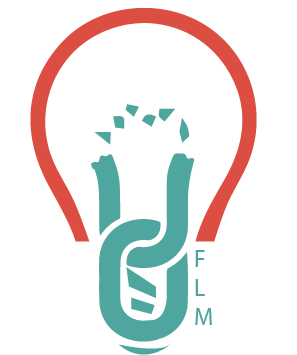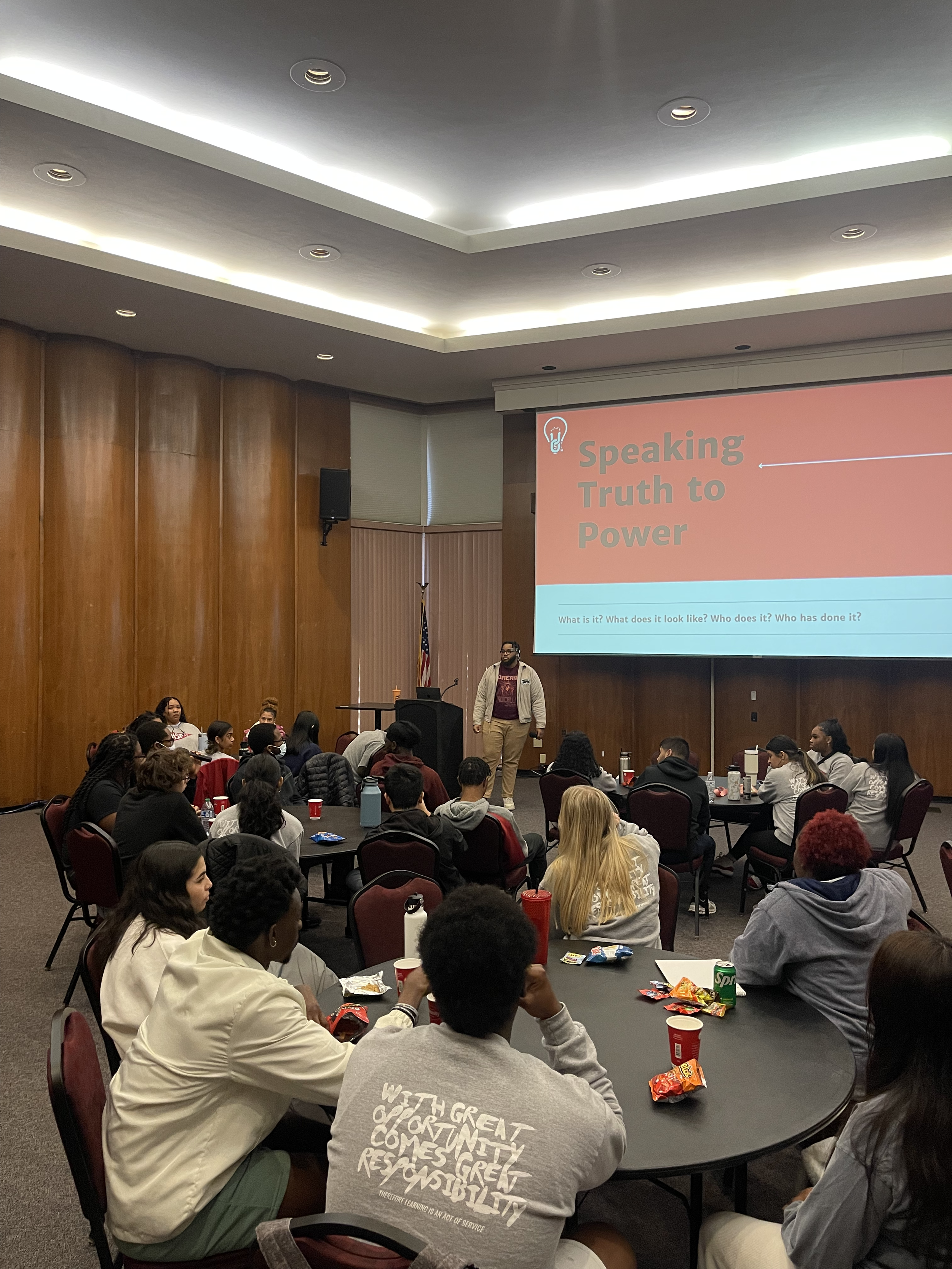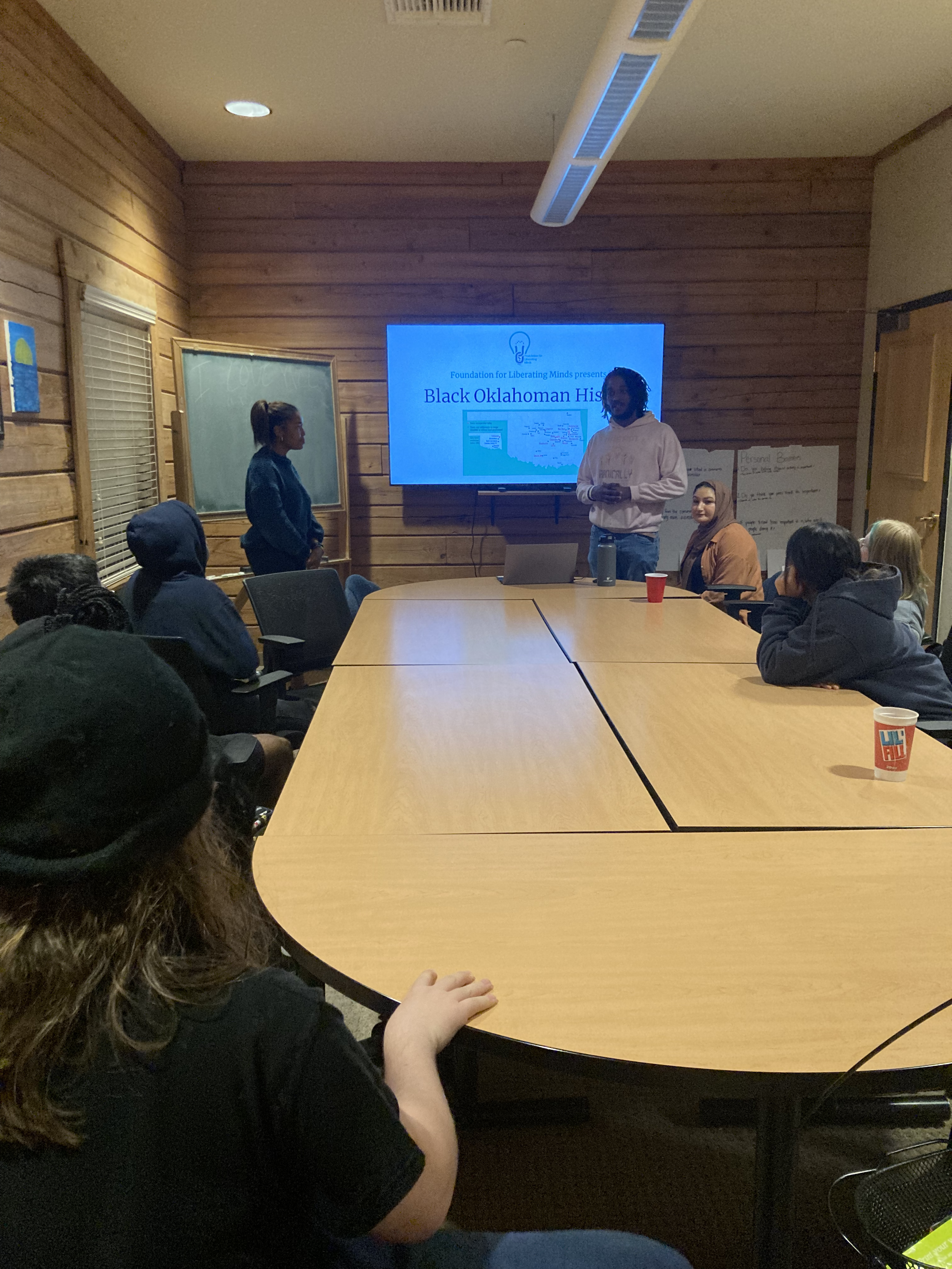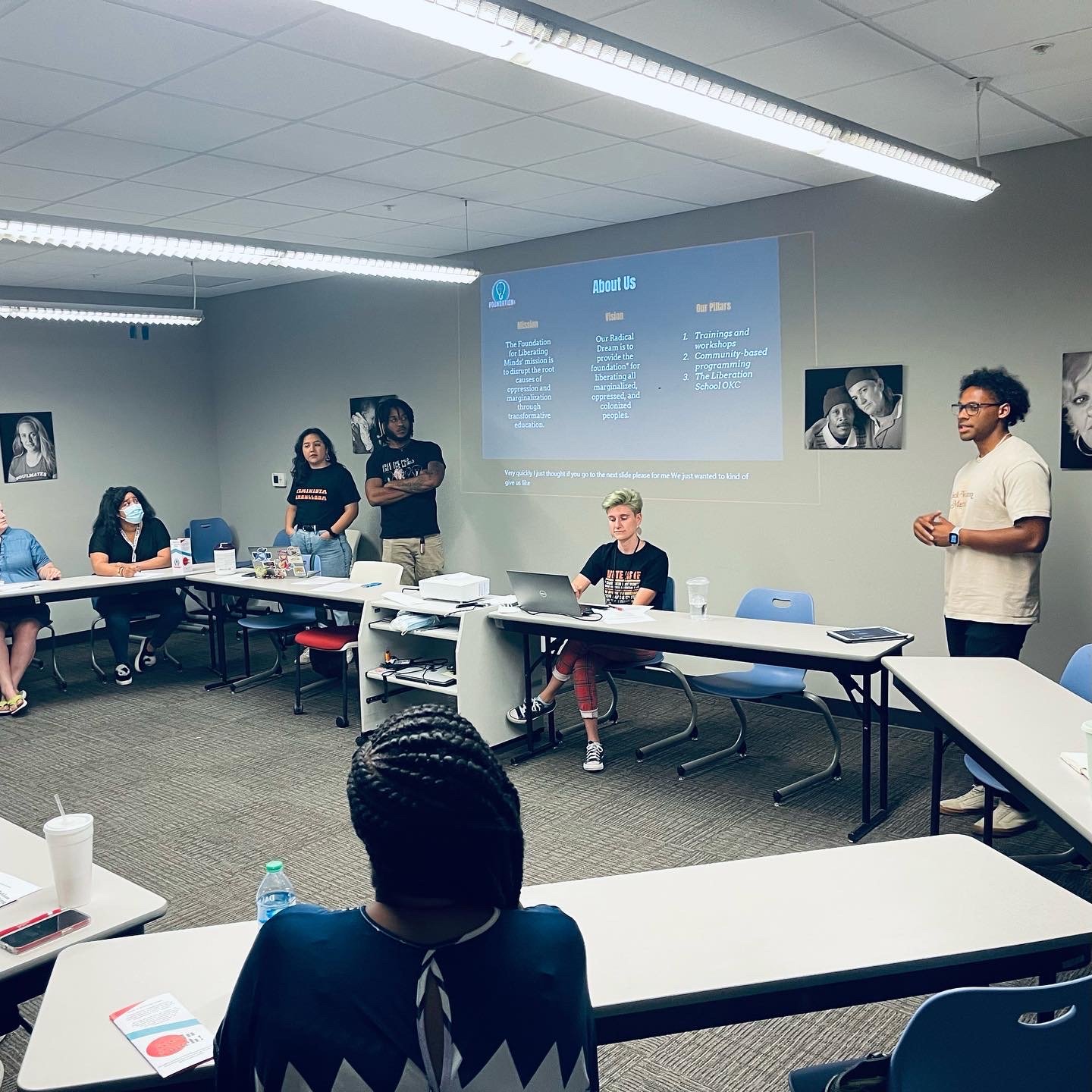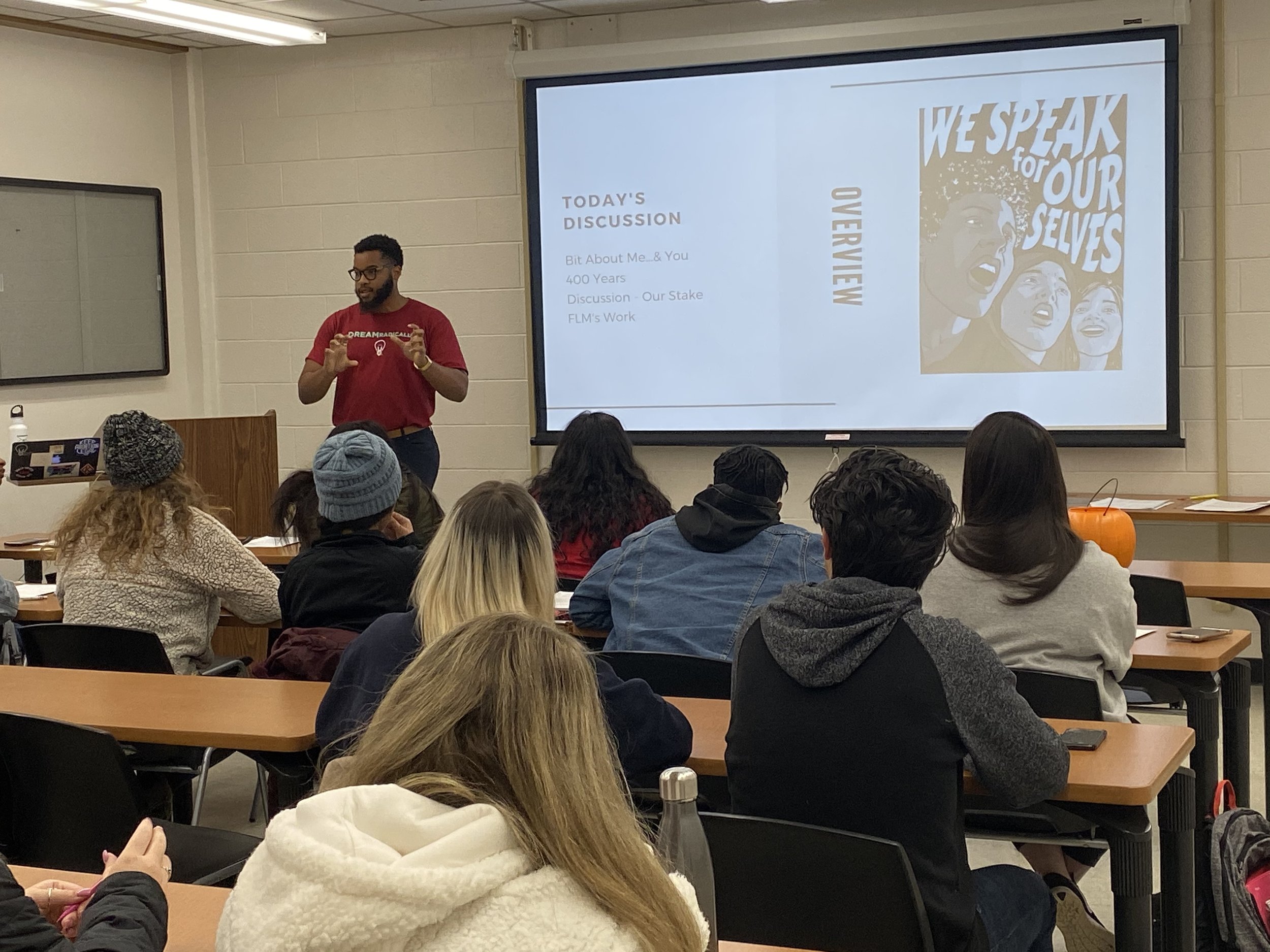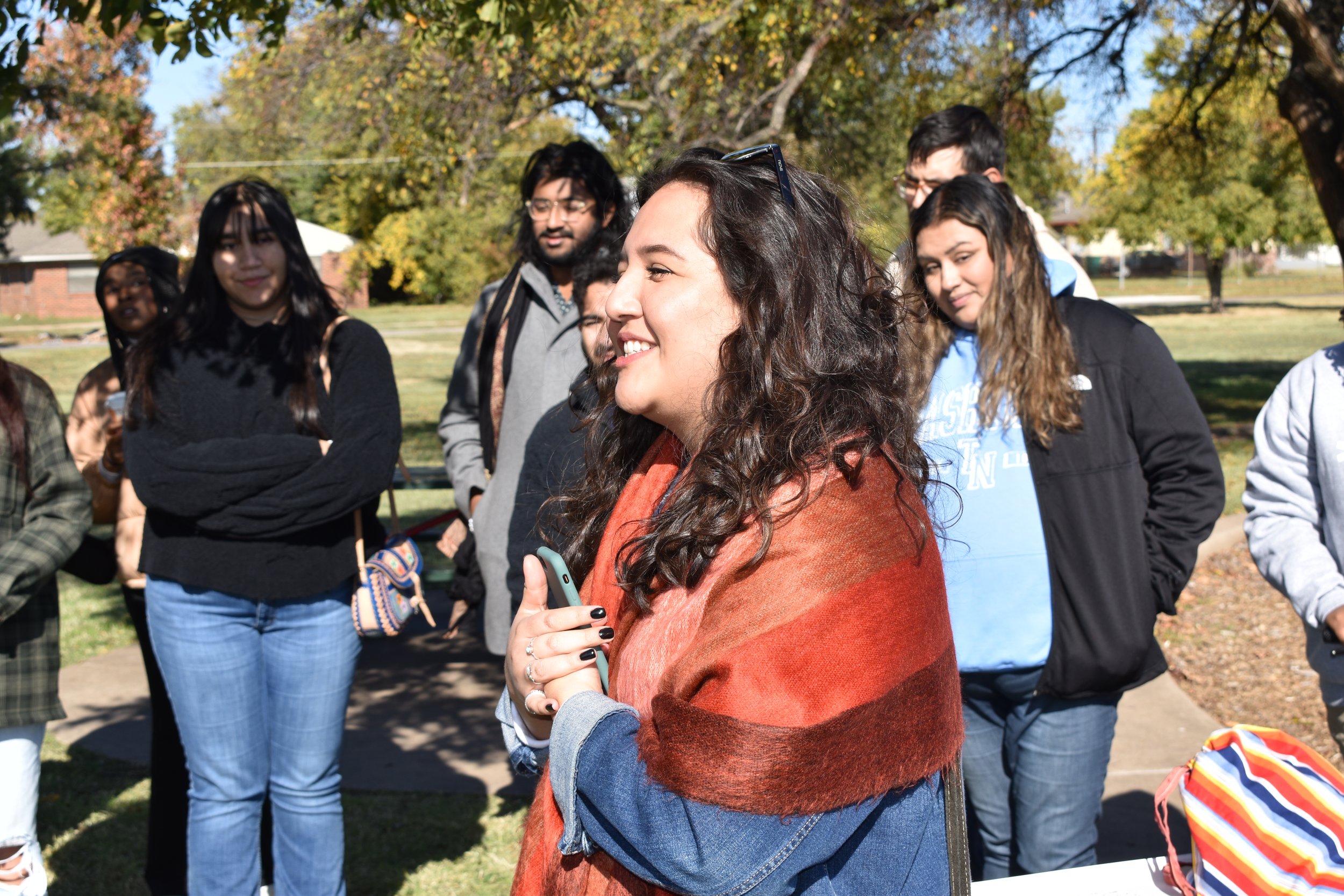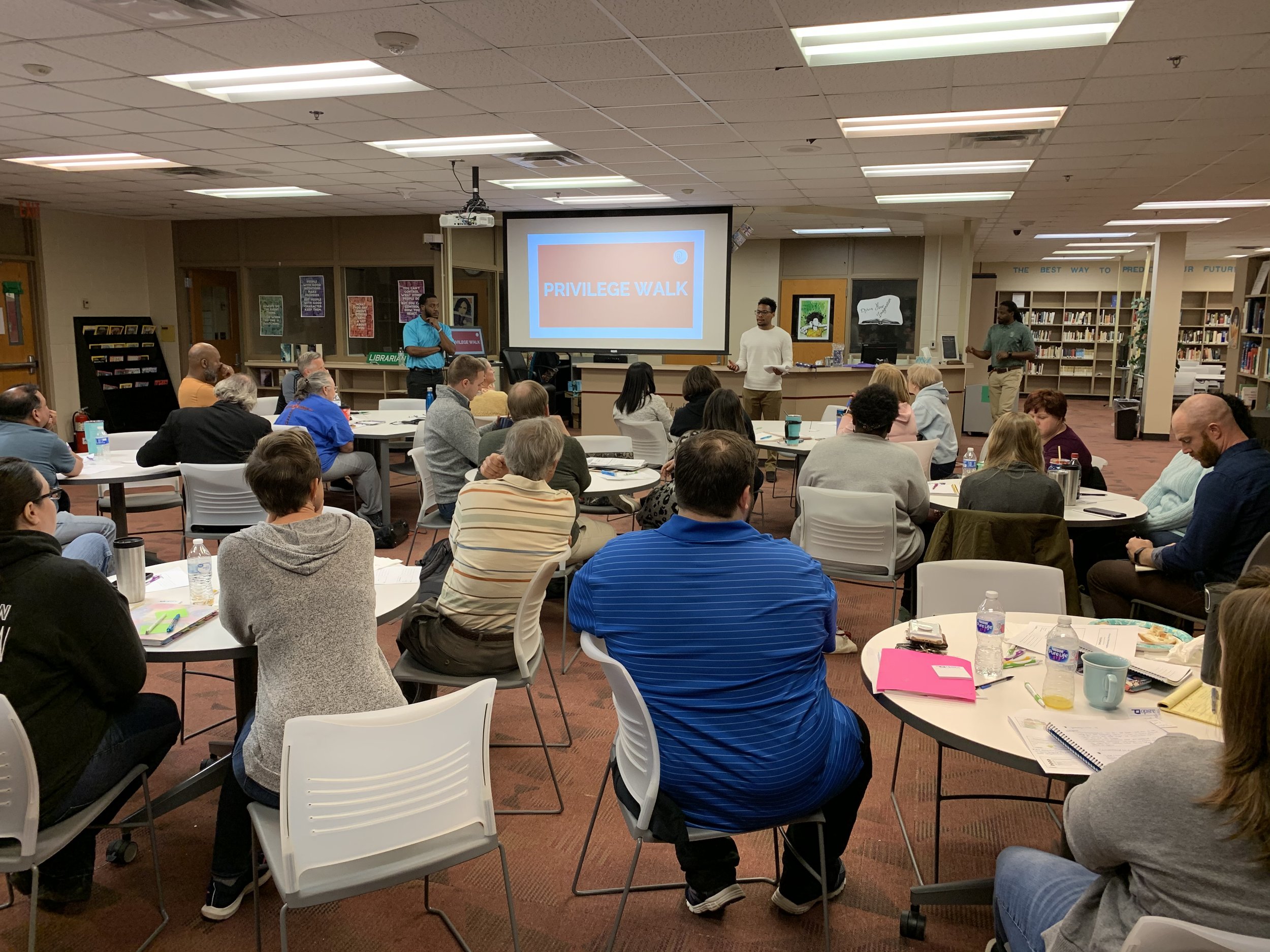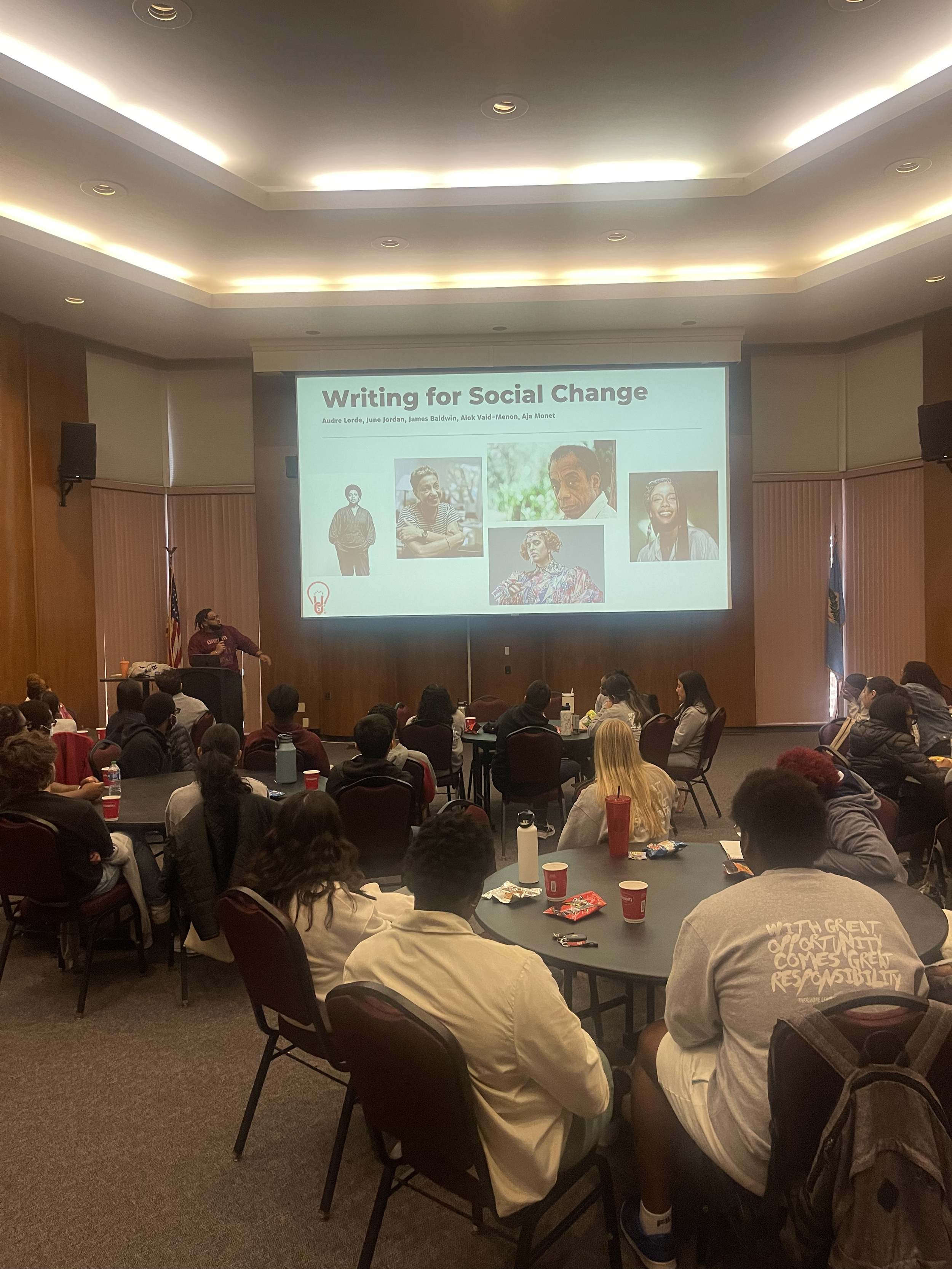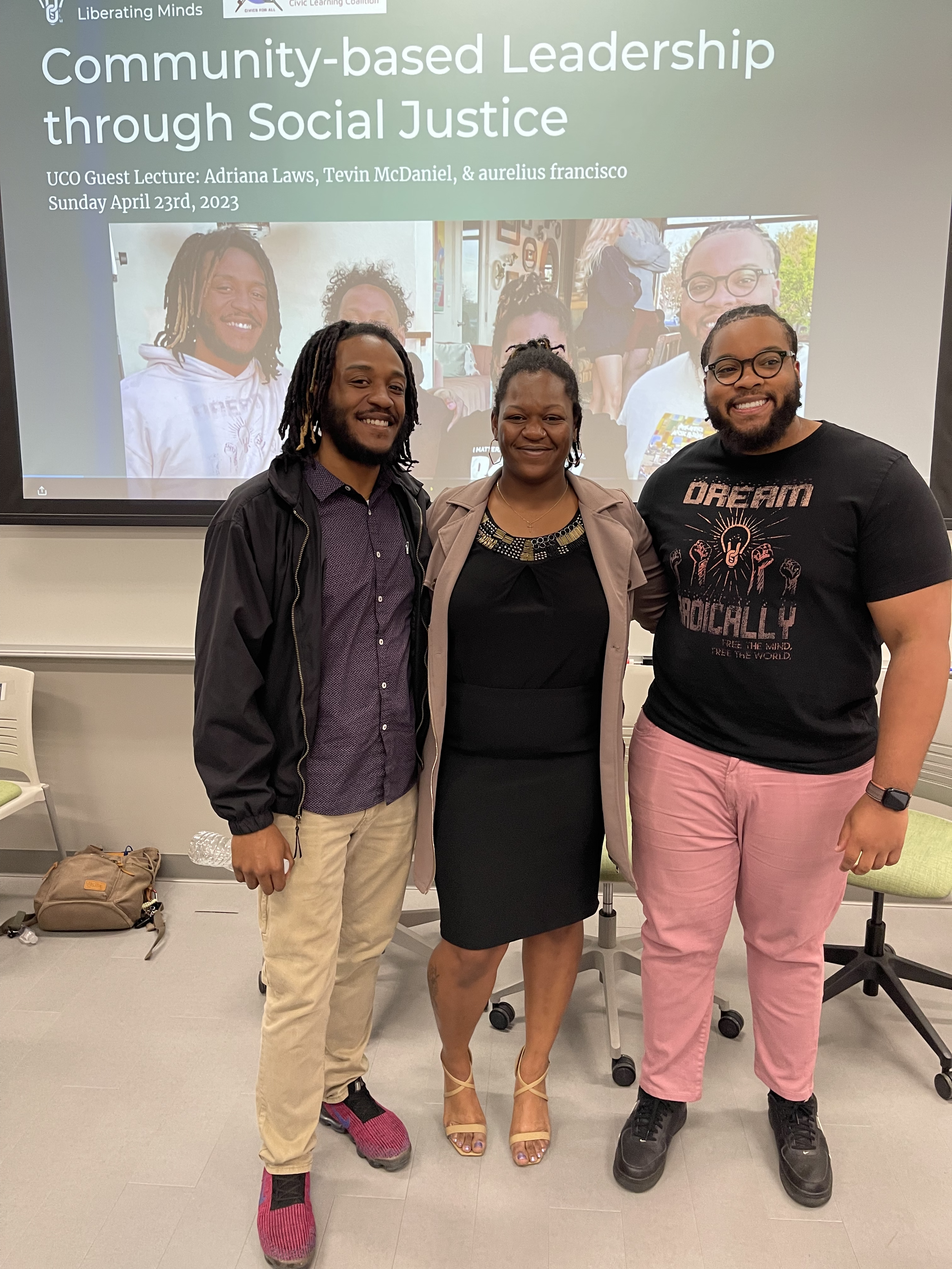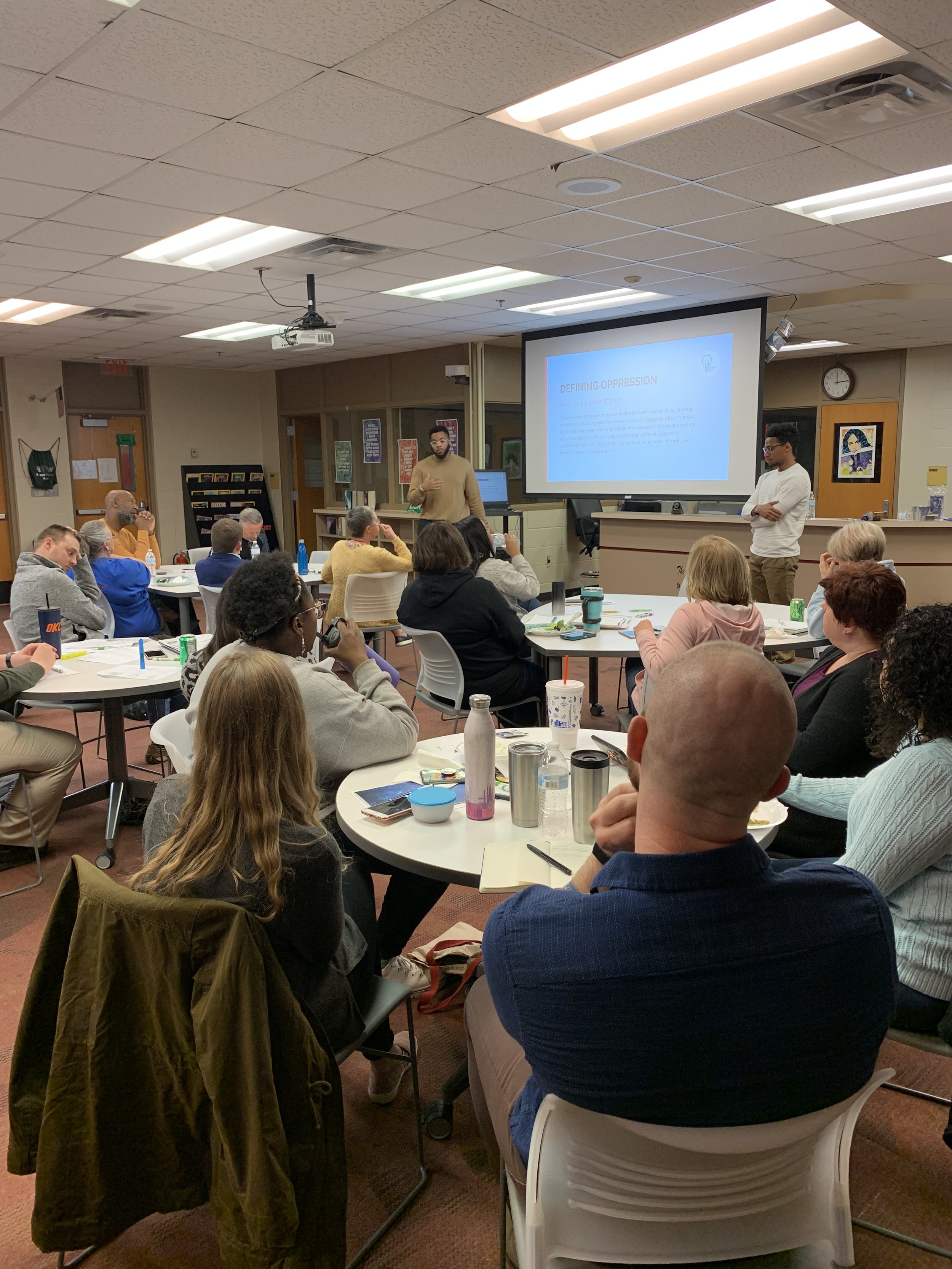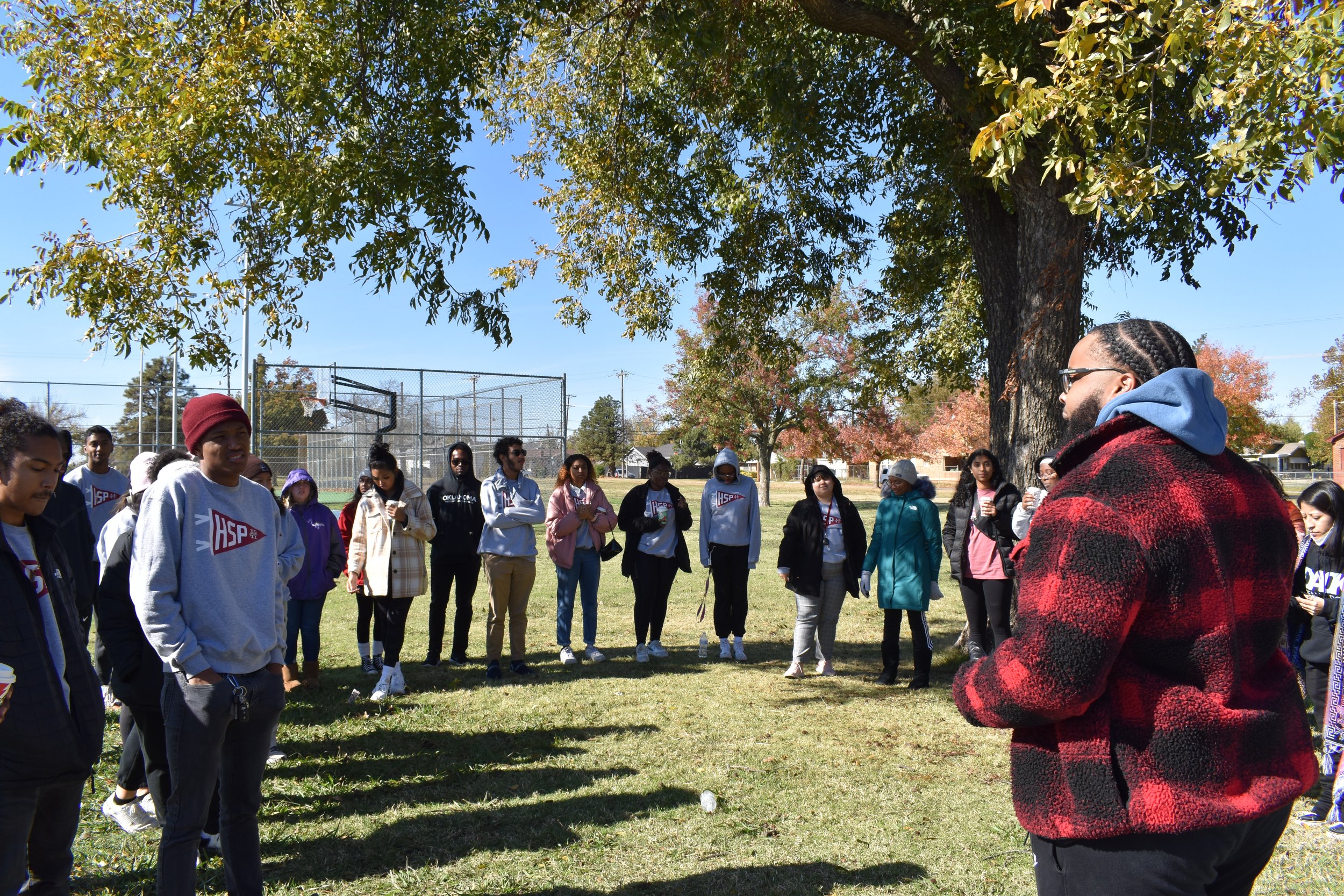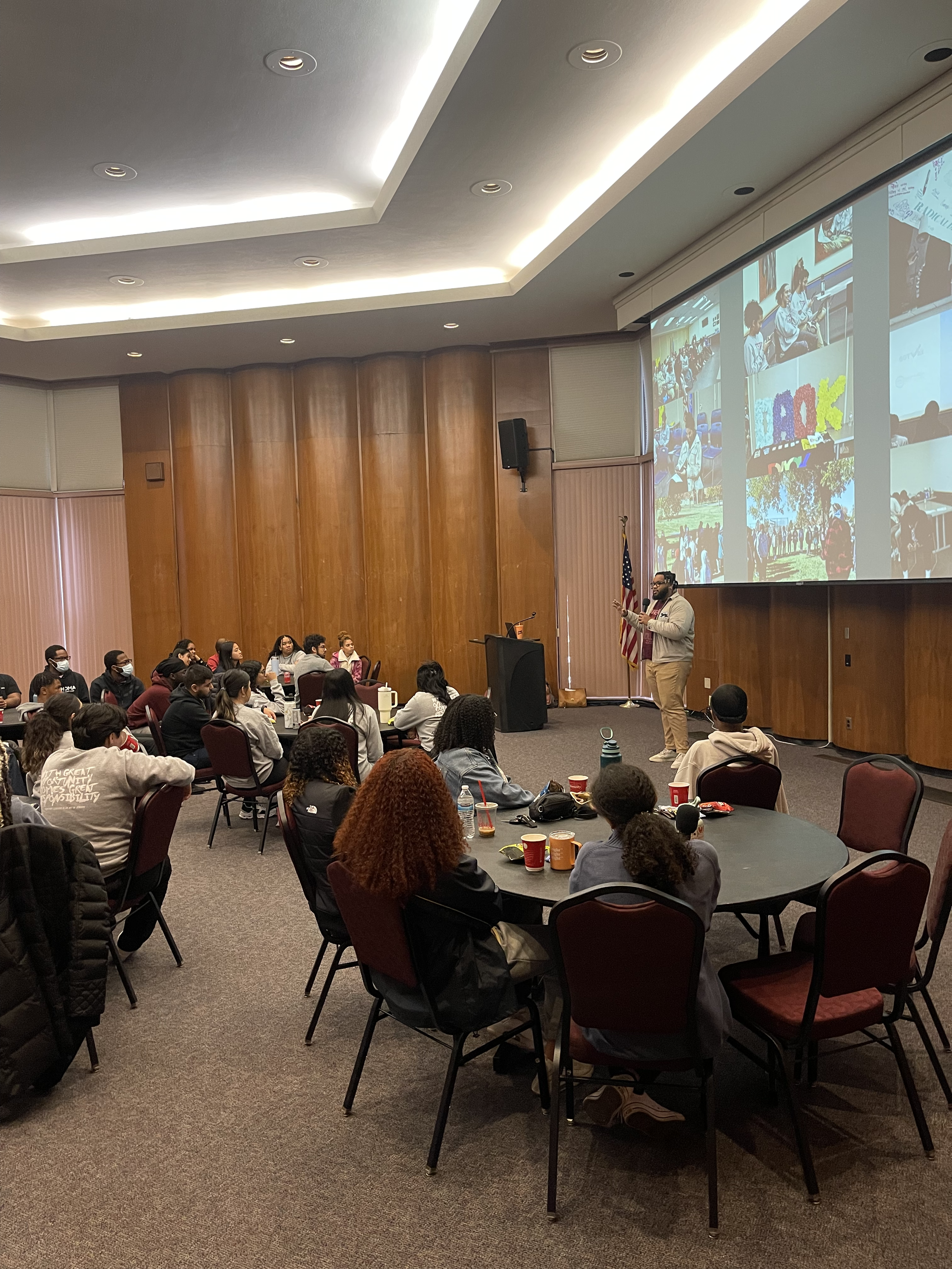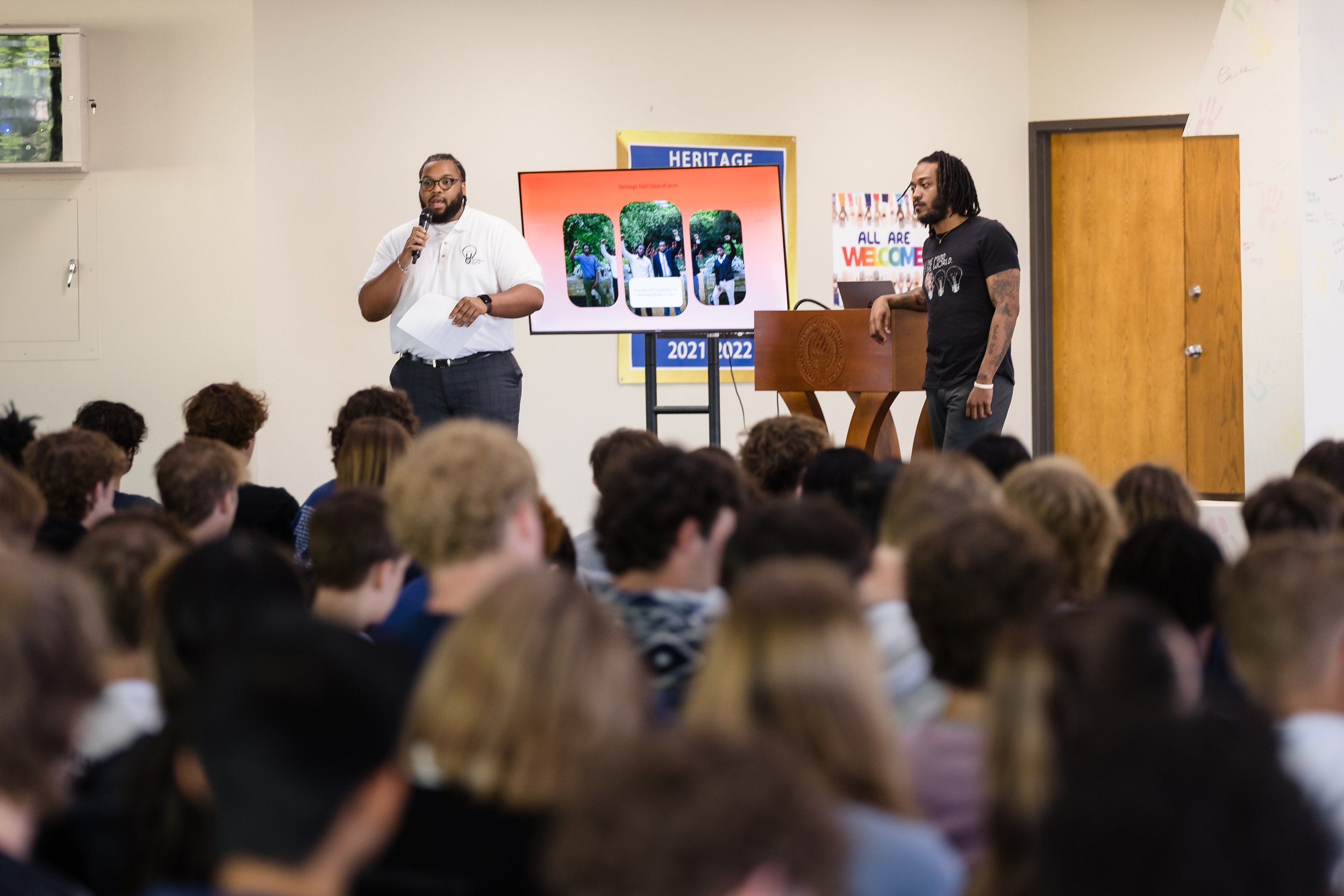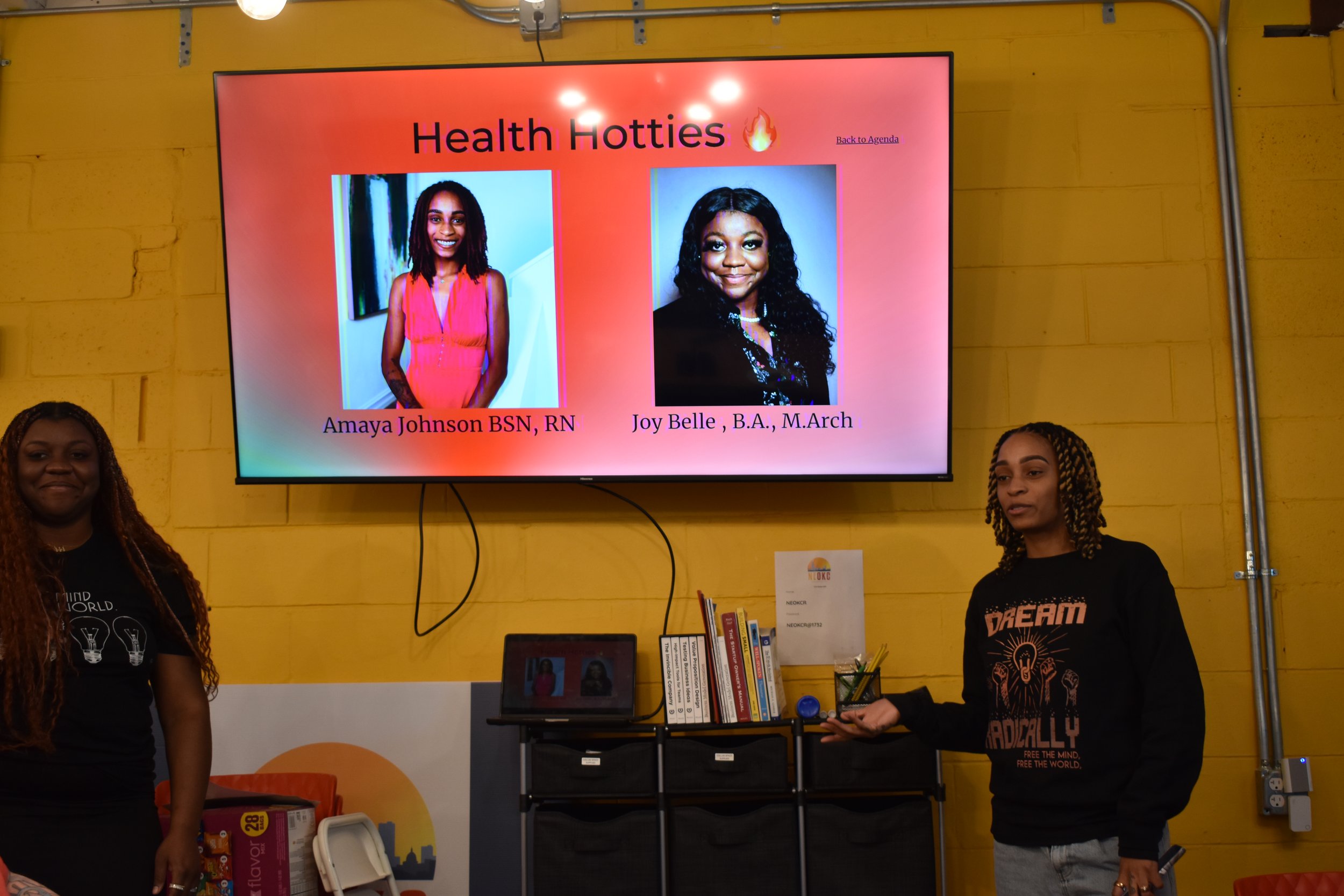Training & Workshops
Our offerings span the social justice spectrum. Based on the diverse expertise of our members’ lived experience and significant educational and facilitating background. FLM's training, workshop, & consultation offerings are molded intentionally with your organization's unique needs in mind. Each session we facilitate is organized around one goal: transformation.
“Truly, this was one of the finest guest lectures I’ve ever had in any of my classes.”
-
This package encompasses all of the trainings we deliver related to deconstructing masculinity and building an authentic, healthy masculinity. Including
On Toxic Masculinity
Queer & Trans Bodies of Color
True Accountability
Urgency of Intersectionality
Consent & Rape Culture
Learning Outcomes
In-depth understanding of patriarchy as a system
Exploration of the social construct of manhood and masculinity
Exploration of key concepts such as hyper-masculinity, transphobia, emotional stunting, homophobia, allyship, feminism
Concrete ways men can practice an authentic masculinity that is vulnerable, healthy, and strong
Intended Audience
Men-identifying people of any age range.
-
Learn about the deep history of Black Oklahomans and the monumental impact of historic Black towns, sites, and neighborhoods.
-
A training covering the fundamentals of community-based organizing. Facilitated by experienced organizers currently working day in and out to build flourishing communities.
Learning Outcomes
Understand the five modes of Movement Ecology
Build a mock campaign with the Organizing Cycle
Locate yourself in a social change role with a pivotal gift to give the movement
Understand how community organizing has shown up in different communities and across issue areas (i.e. reproductive justice, food justice, decolonization)
Leave with organizing tools including power mapping and cutting an issue
Intended Audience
People or groups interested in exploring community organizing models in their own work.
Student organizations passionate about a problem in their community but not sure how to address it.
Advocacy organizations looking to explore community-centered models for change.
All ages
-
This training focuses on the important concept of cultural competence. In an ever-diversifying society, having knowledge of cultures, identities, and communities different than our own is crucial. Engage in thought-provoking training on how differences can begin to unite us rather than divide us.
Intended Audience
Teachers, school administrators, organizational leaders from various fields
-
This is an interactive workshop designed to assist those new to DEI work or those looking to shift their current DEI work in the workplace. Participants will be asked to develop definitions and identify key aspects of their workplace and think through more detailed ways to shift workplace inequities. This could be uncomfortable for those who do not believe in DEI work, but the goal is to develop a sustainable and equitable environment for all employees, not just a few.
Learning Outcomes
Identify the flaws in DEI work and initiatives
Develop ways to be more inclusive and equitable
Implement ways to be transparent and accountable
Understand where there are gaps or continued oppressions within the workplace/organization
Define DEI in a more succinct and transparent way
Develop a system to meet established DEI goals
Target Audience
Educators
Early DEI coordinators
PTAs
Those looking to make changes to their DEI approaches in their workplace
-
This training was created specifically for folks who don’t yet understand Food Justice and what it is. A very entry-level diagnosis of Food injustices and how they work, and how they correlate with our lives.
Learning Outcomes
Folks should be able to define and understand the different definitions of Food Justice
Folks should be able to correlate Food Justice to White Supremacy and Capitalism
Solutions to Food Injustice
Able to understand how the fight for food relates directly to you
Intended Audience
This can be used for Teachers, Organizations, Students, or groups wanting to know more.
-
Hip-hop is more than a musical genre. It is an entire culture that has blossomed since its founding. This workshop explores hip-hop as a Black art form that follows in the long lineage of Black Art being used as a form of resistance. Hip-hop is a storytelling movement that contextualizes the Black experience in America today. Unpacking this musical art form in its glory and critiques divulges innumerable societal layers.
Learning Outcomes
Learn the origins of hip-hop
Explore the concept of protest poetry
Unpack hip-hop lyrics and music for its founding in the raw, unfiltered Black experience
Appreciate hip-hop as more than a genre of music
Understand critiques and downfalls of hip-hop culture
Intended Audience
Any and everyone interested in music and its connections with social movements.
-
This training delves into the art of narrative organizing, a combination of narrative change through community organizing. Weaving historical legacies of the carceral state, unearthing the narratives that surround our lives, and tooling participants to create narrative change in their spheres of influence.
Learning Outcomes:
Participants will have a deep understanding of narratives including the ability to identify and disrupt harmful narratives in action
Have historical context of the carceral state and the society-wide actors who have spread harmful narratives for generations
Believe that liberatory narratives are practical and happening right now in Oklahoma
-
PIC abolition 101: A Broken System?
PIC Abolition 101 is the first of a three-session training package unpacking all of the complexity of the prison industrial complex abolition. Abolition is a political vision and practical organizing strategy with the goal of eliminating imprisonment, policing, and surveillance and creating lasting alternatives to punishment and imprisonment. This session looks at the core principles of abolition, and its historical legacies, and examines the question if the criminal legal system is broken, capable of being reformed, or if it is working as intended, with inherent flaws that must be abolished.
Principal Learning Outcomes:
Participants will have a solid understanding of what abolition is and begin to see examples of abolitionist struggle past and present.
Participants will understand that what we are working to abolish is more than just prisons and police.
Participants will begin to wrestle with the complexity of abolitionist core principles and how they can be applied to their day-to-day lives.
PIC Abolition 201: Strategies for Resistance
PIC Abolition 201 looks more closely at the historical precedents for the present state of the carceral system and lays out a number of strategies for resisting the PIC. Questions to be answered include: how do we resist this massive system? How do we stop violence? Is abolition realistic? This training also looks at Ruth Wilson Gilmore’s provocation that abolition is not just about absence but presence. We look at what we need the presence of to bring about true safety, accountability, and justice for our world.
Principal Learning Outcomes:
Participants will leave this training understanding 2-3 viable tactics to resist the carceral state and to practice abolition in their everyday lives.
Participants will be able to clearly articulate the primary function of policing historically and today.
Participants will grapple with the cycle of violence and how it can be interrupted, disrupted, and prevented using community-based methods.
PIC abolition 301: A New World: Presence
PIC Abolition 301 more deeply looks at the structures, relationships, systems, and networks to create a new world where the violence of the carceral system no longer exists. In this session we uncover the visions of a different world, having the knowledge that something different is possible, and will think through the generational work it will take to reach this reoriented society.
Principal Learning Outcomes:
Participants will leave this session with a nuanced understanding of PIC abolition, practice, and principles, having done the necessary imagining work to envision a new world.
Participants will wrestle with current abolitionist debates around the role of any state in an abolitionist future.
Participants will have examples and skills to begin practicing the evolution from punitive justice to transformative justice. Specifically, participants will understand the key differences between punishment and accountability, and how harm and violence can be transformed in community rather than policing and prisons.
Beyond Carceral Feminism
This training dives into the pitfalls of carceral feminism and proposes a different direction to truly address gender-based violence without the state.
-
FLM offers ongoing consulting services to companies and businesses seeking holistic improvement in relevant areas to social justice, equity, conflict transformation, and restorative justice.
-
This workshop will begin by offering definitions and foundational information to help people learn about white supremacy and how it works. It is the first step in shifting from being not racist to becoming actively anti-racist and provides the first steps to unlearning white supremacy and racism.
Learning Outcomes
Have a strong understanding of foundational definitions (white supremacy, white nationalism, racism, colonialism, settler colonialism) and why these concepts are harmful and should be challenged
Target Audience:
Adults (18+) looking to understand what white supremacy is; those who have a vague idea of what white supremacy is (i.e know that the Klan is a group of White Supremacists but that's about it)
-
If you are interested in having FLM lead a workshop or training for your group you can request a training that we will create tailored to you and your group.
We facilitate sessions to all different types of collectives including
Community Organizations
Classrooms
Teachers & Administration
Activist groups
Youth/Student Collectives
Non-profit Organizations
Businesses
